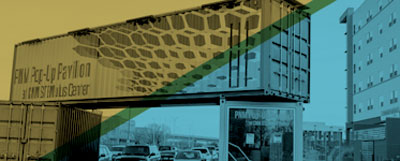109 Gold Ave. SW, Albuquerque, NM
Cafe Hours: 7-2 weekdays


The primary objective of Healthy Neighborhoods ABQ’s Working Families Project is to prioritize the needs of marginalized communities in Albuquerque while addressing workforce shortages in historically underinvested sectors, including education, childcare, and healthcare, which disproportionately employ women, single parents, and racial minorities, as reflected in the population statistics of New Mexico.
The Working Families Thrive Project addresses the Early Childhood Education system through a partnership with various grassroots and established nonprofits working in the early childhood education and workers’ rights sectors. With these partnerships the project goals are to increase retention of Early Childhood Educators, increase access to Early Childhood Education centers that are on-site, near site-and home based, which would allow easements for the workforce barriers Albuquerque is facing. With 30,000 families now applicable for free Early Childhood Education because of the increase of the federal poverty level from 200% to 400%, there are not nearly enough centers to handle the influx of now applicable families.
In collaboration with partners that goal is to establish a diverse network of Early Childhood Education centers, operated by a mix of new and existing entrepreneurs, by leveraging the Anchor Institutions existing infrastructure. This initiative serves the children, educators, and families of Albuquerque, empowering families to return to or enter the workforce or pursue educational opportunities, confident that their children receive accredited and exceptional education from cradle to career.
By fostering a supportive and equitable environment, we aim to reduce teacher turnover rates and promote family friendly practices within the community of providers and employers. It is proven via qualitative and quantitative data that when individuals have stable employment and the assurance that their children are well cared for, it not only strengthens their economic security, but also contributes to the creation of more just, inclusive, and equitable communities, where opportunities and resources are accessible to all.